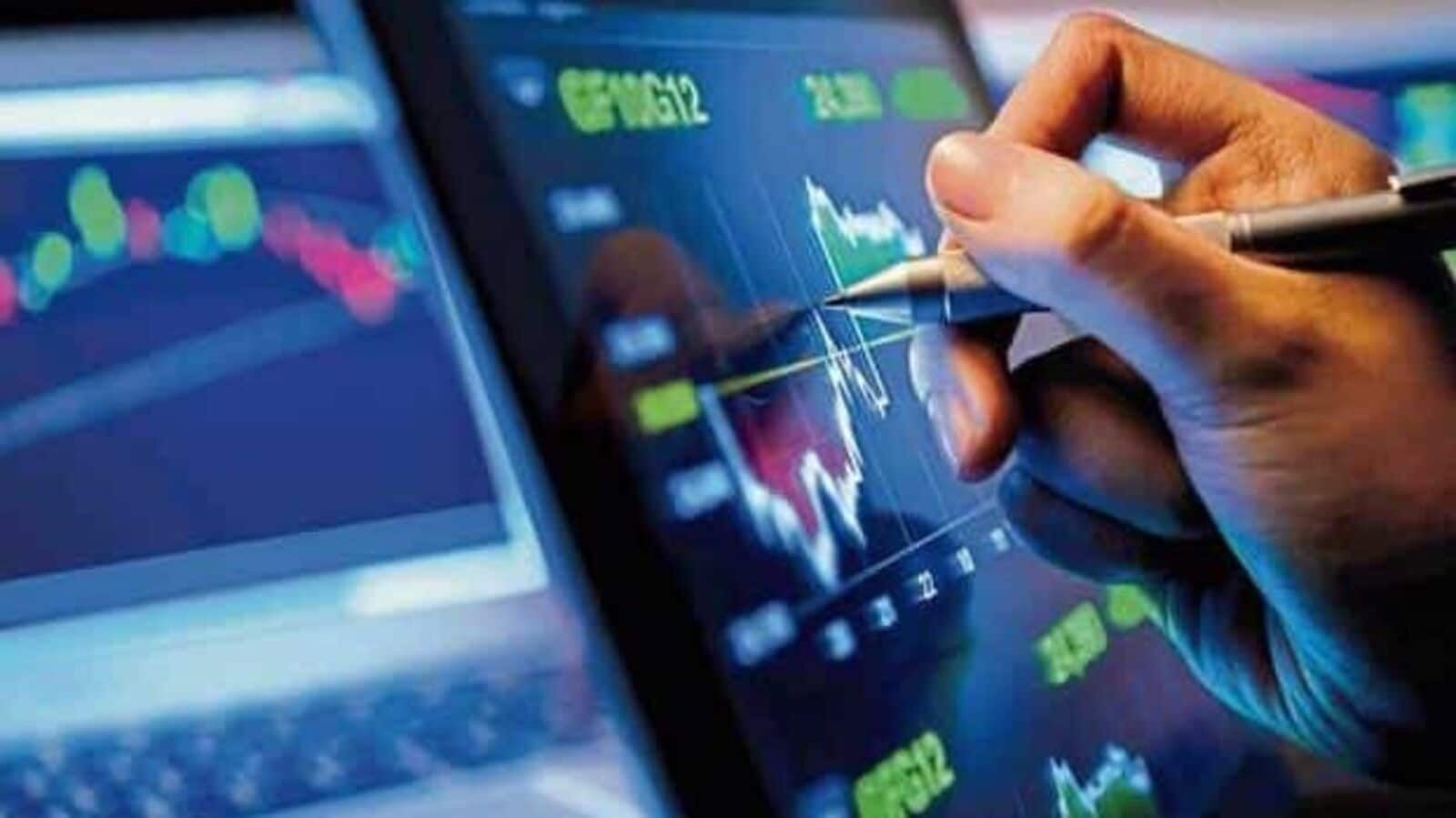From late February to the end of March, currency.com conducted a survey among its users to get their take on Bitcoin, which has skyrocketed about 1500% from where it was a year ago.
The Crypto exchange surveyed 1,572 respondents on their exposure, perspective, and outlook of digital assets. The crypto-asset platform revealed that about 20% of its customers expect the price of Bitcoin to hit at least $100,000 or above in the next 12 months. 54% of the respondents predict the price of the world’s most popular cryptocurrency will hover at $50,000-$100,000 in the same period.
The survey also revealed that 2% of customers indicated that they already have $1 million or more stashed in Bitcoin. However, nearly 27.2% were sceptical about whether they can achieve this goal.
READ: 1 Bitcoin will buy you a house in Nigeria’s rich suburb
The 12-month BTC price forecast was more evenly distributed, though a majority of respondents see prices above $50,000.
Specifically, 40% keep in their portfolio not only Bitcoin, which makes up about 50% of the entire crypto market, but also altcoins.
READ: Ripple scores early legal victory, XRP breaks above $1 for first time in 3 years
When asked whether the firm believes the price prediction is accurate, Currency.com’s head of strategy, Vitaly Kedyk, said:
“Over the course of 2020, we have seen interest in crypto gain mainstream attention and validation following take-up by large institutional investors. We expect this trend to continue in 2021 with greater diversification across altcoins.”
READ: Meet the billionaire twins who bought $10m worth of Bitcoin when it still sold for $8
Bitcoin believers already say that the biggest cryptocurrency has shifted from the fringes of retail speculation towards embrace by major investors. The total market capitalization of cryptocurrencies tops $2 trillion, mostly spurred by rising institutional demand. Bitcoin’s market cap makes up more than half of that figure and it is now worth more than $1 trillion.
That being said, a significant number of its users are also diversifying their holdings in the exchange beyond investing in crypto, into traditional financial assets like equities, indices, and commodities with a token that mirrors the value of each asset.













